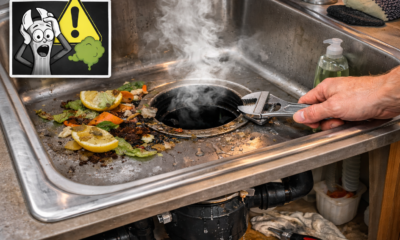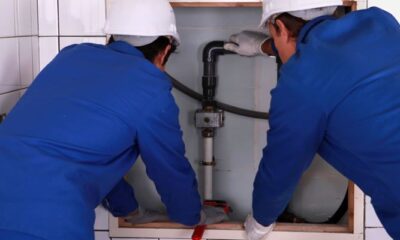Save Money in 7 Simple Steps | Flushing Water Heater
Light, easy maintenance including ( Flushing Water Heater ) extends the life of your water heater and increases its efficiency. It’s recommended to flush your water heater once a year. Your water supply should be clear and free of sediment. If you see sand-like minerals or strange colors in your water, flush your water heater right away. It’s easy to do and can save you money. Please read these instructions completely before starting. Always consult your water heater manual for any specific instructions or warnings, and hire a professional for water heater repair if you discover your system is malfunctioning.
Keep electric or gas and water supply to the heater running.
Find the draincock at the bottom of the heater and attach a garden hose to it. The draincock looks like a regular garden faucet or a round dial with a hole in the middle.Extend the hose so that the end reaches a place where the water can safely exit, like a drain or a driveway.Open the draincock and allow the water to exit heater. Caution: The water leaving the heater will be hot and under normal household water pressure. Please note that if the heater is several years old and the draincock is plastic, opening it might be difficult and it could break if forced.
After five minutes of flushing, fill a bucket with the flushing water.
Allow the water in the bucket to stand undisturbed for one minute, then see if any sand-like material settles to the bottom. If the water is clear go to step 7. If you see sand-like material and/or discoloration in the water, repeat steps 5 and 6 until the flush is completely clear and free of sediment.
Close the draincock and remove the garden hose.
Remember: You can always hire a licensed plumber to flush your water heater if it’s more convenient.
Smart Tip:
- If your hot water reminds you of rotten eggs because of its hydrogen sulfide odor, a hot water heater modification can help. Replacing the water heater’s magnesium corrosion control rod (commonly referred to as an anode rod) with one made of aluminum or another metal may also reduce the odor in your hot water.


